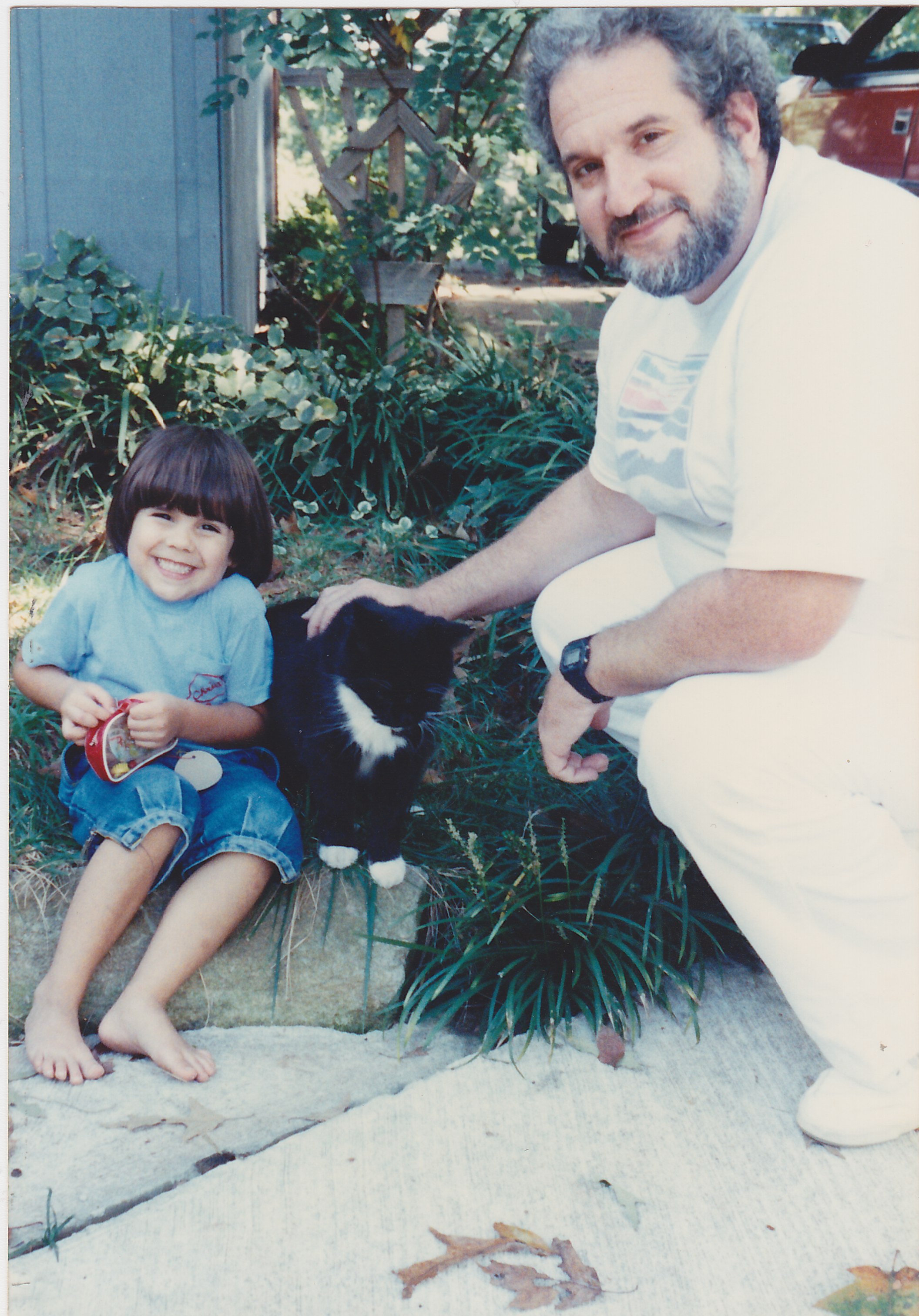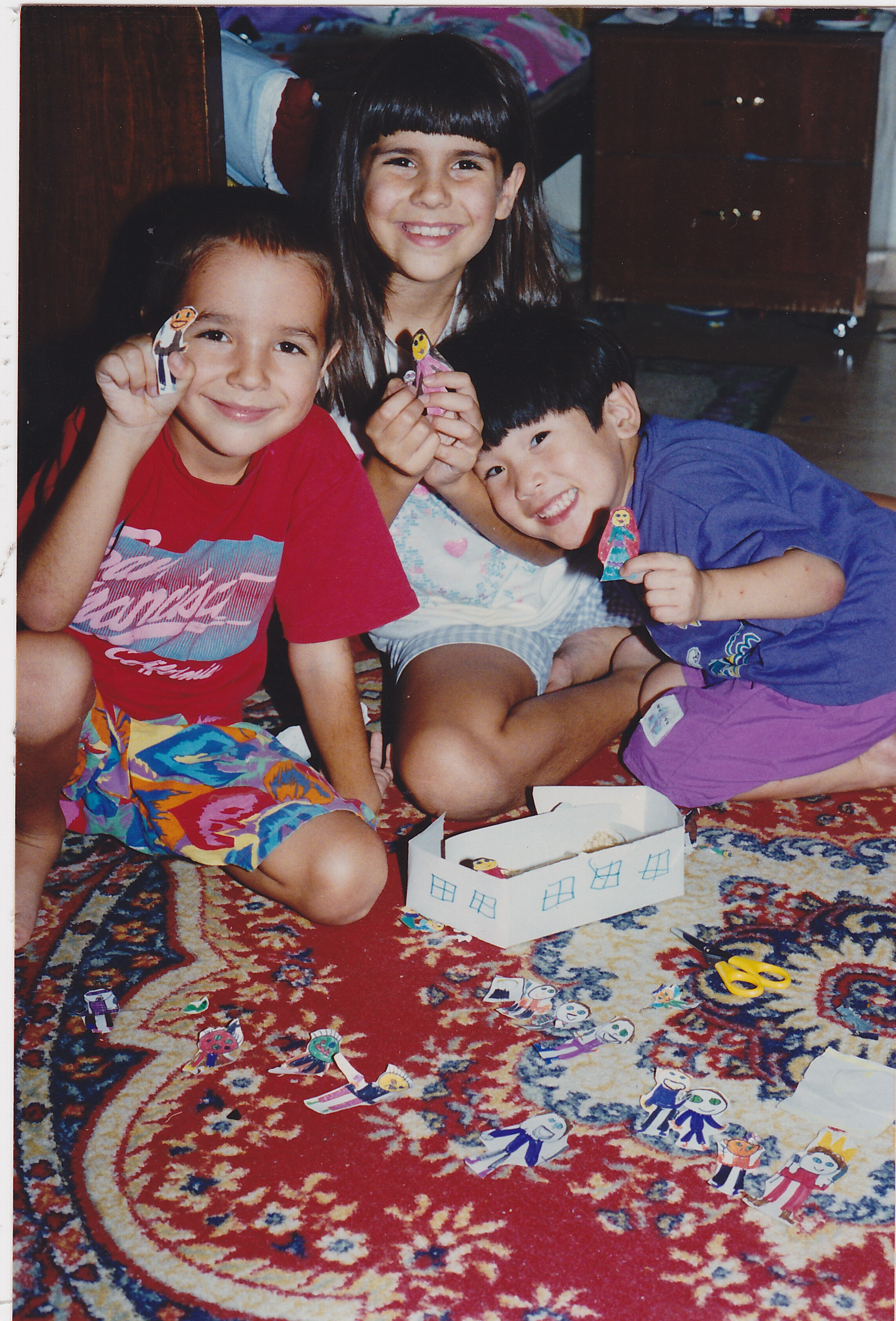 Photo Credit: iluvquotes
Photo Credit: iluvquotes
My mom raised me to be courteous…thoughtful towards all…civil in every circumstance…extending grace. Recently, I have become aware that my behavior in the company of others has become less courteous overall. Not in an intentional way, hopefully, but in a careless neglectful way. This is disconcerting because it makes me wonder how long has this been a part of my demeanor and deportment. Not necessarily with those closest to me…but with “the others” in life – the stranger, the coworker, the customer.
 Photo Credit: Quote Addicts
Photo Credit: Quote Addicts
Yesterday, not at work, I interrupted the conversation of three people. Not overtly, maybe, but it was a quiet drawing away the attention of one of them. Without even thinking, I was rude.
We don’t really mean to be rude or discourteous probably…but in the neglect of practicing courtesy…we can become “those people”…rude, disingenuous, self-serving people.
What does that look like in the workplace?
John Kyle describes rudeness at work:
“It can range from subtle things like eye-rolling to outrageous things like berating a colleague in a meeting.
Here are some common examples:
- Gossiping and talking behind someone’s back.
- Giving colleagues the silent treatment.
- Interrupting someone when they are speaking.
- Leaving trash and food containers in public areas like the office kitchen.
- The work around – excluding colleagues from projects or meetings even though they should, by role and responsibilities, be included.
- Being late for meetings or in other ways not respecting someone else’s time.
- Speaking to people in a condescending way.
All of these examples of rudeness are forms of disrespect. A pastor-friend of mine once said that giving someone the silent treatment is the relational equivalent of saying, ‘I don’t respect and care enough about you to talk to you.'”
John Kyle, Chief Operating Officer for The Institute of Faith, Work, and Economics, also delivers some simple advice on how we might overcome rudeness at work. One of his tips is to make a practice of greeting people…just saying hello (using their name if you know it). How simple is that?! Yet, too often, we walk quickly by, head down, lost in our brilliant and important thoughts, or hanging on every word of that one we’re accompanying. Is it so hard to smile and nod our head at those we are passing by? Those who work with us, have the same vision, hope for the same outcomes, wrestling with the same struggles at work or home.
What Kyle reveals in his article on being courteous at work is that we expose our lack of regard for those around us by not taking the time for them…to say or do the small graces for each other that communicates that “there are no ordinary people”.
 Photo Credit: Pinterest – WitandWisdomofCSLewis
Photo Credit: Pinterest – WitandWisdomofCSLewis
His counsel echoes a book I recently read by John Maxwell – Intentional Living – Choosing a Life That Matters. Maxwell, like Kyle, talks about adding value to people…communicating that if we are not intentionally adding value to people then we show that we devalue them.
What do you think? It would be such a gift to have your comments on stories where you were treated with uncommon courtesy at work. Do you have examples of how such actions and attitudes are rewarded in your workplace? Do your bosses display this sort of worldview? Please share your stories…even the negative ones that might have given you pause about your own altered attitudes over the years.
As I described in the story earlier, this has certainly given me pause. I want to be a load-lifter at work. An encourager. A respecter of all persons…not just the ones who can help me get ahead with my career. It’s possible that I might have become a bit more curmudgeonly over time…and that’s not really the kind of coworker I want to be. My mom would be glad to see that I’m climbing out of this insufferable ditch – resolved anew to make a habit of uncommon courtesy.
Bringing Courtesy Back to the Workplace – Harvard Business Review – Ron Ashkenas
Why Is Common Courtesy Increasingly Uncommon at Work? Rudeness on the Rise – John Kyle
How do You Practice Common Courtesy at Work?
Workplace Etiquette – 4 Ways to Show Courtesy to Coworkers – Rachel Wagner
How To Become a Curmudgeon – WikiHow – just for a chuckle!






